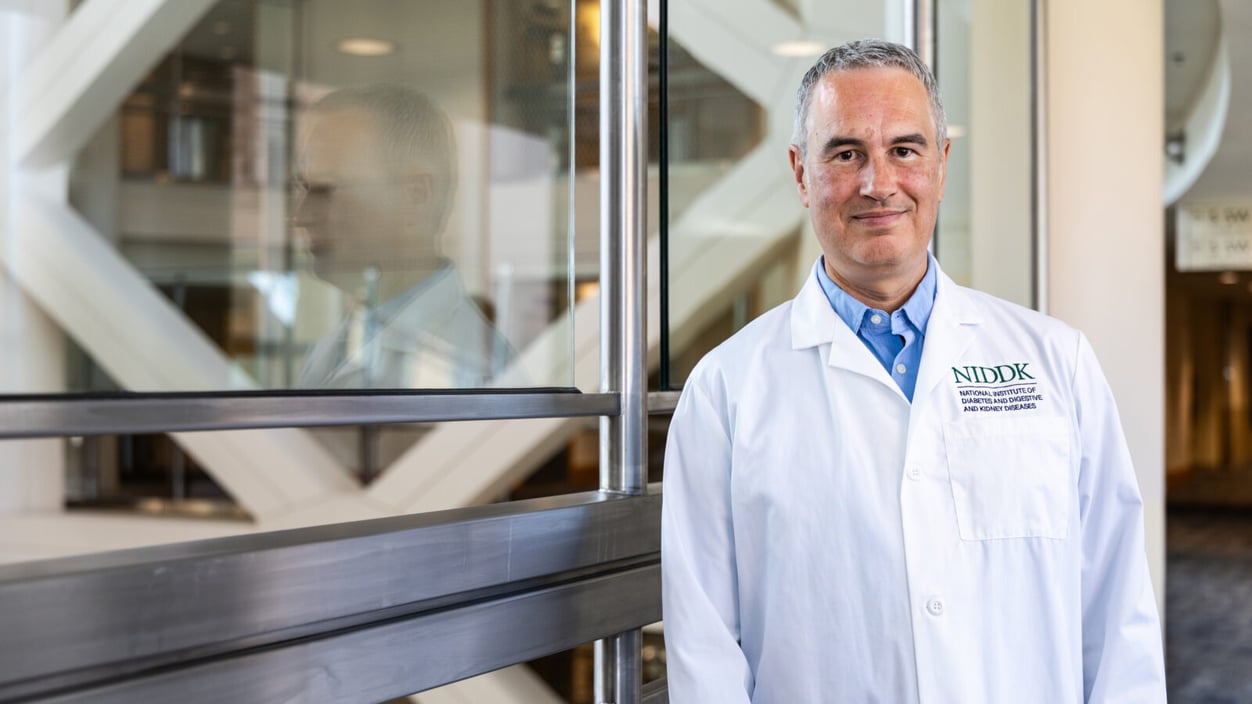nutrition
What the country's most prominent nutrition scientist actually eats

Christine Kao for STAT
Now that Kevin Hall, the leading U.S. authority on the science of ultra-processed foods, is free from the reins of federal service, he's ready to speak candidly. So, STAT's Sarah Todd sat down with Hall to get his unvarnished thoughts on the leaders of the MAHA movement.
"If you think that food dyes are causing ADHD and removing them is going to have meaningful improvements in children, let's do a study to address that in a few months over a summer," he told Sarah, recalling a specific proposal he made, after retiring, regarding the administration's concerns about artificial dyes. The project was killed. "They're not interested in the science," he concluded.
Read the conversation for more of Hall's insights on the administration's food policies, including why scientists should worry about any "natural" food products that replace artificial ones. And, of course, Hall shares what kind of ultra-processed foods he eats as a nutritionist.
one big number
60%
That's the percentage of liver cancers globally that are preventable by reducing risk factors like viral hepatitis, alcohol, and a long-term liver condition caused by excess fat in the organ called MASLD, according to an analysis published Monday in The Lancet. Liver cancer is the third leading cause of cancer deaths globally, and the paper was written by a commission formed to address the rising rates of hepatocellular carcinoma in particular. Hepatitis B virus is the leading cause of liver cancer, and that will remain the case in 2050, the authors wrote. But the proportion of cases it's responsible for will lower, as cases due to alcohol and MASLD rise.
potent quotable
On Trump's 'woke AI' executive order
"What the federal government here is railing against is the inconveniences caused by algorithms that are trying to respond to real, severe, legitimate concerns. And what I really don't like about it is that none of those actual events that led to these kinds of changes happening in LLMs are ever acknowledged in this executive order."
That's Karandeep Singh, an influential voice in health AI and chief health AI officer at UC San Diego Health. Singh spoke with STAT's Brittany Trang about one of three executive orders focused on AI that President Trump signed this month, which directed government agencies to not contract with AI model developers for models that "manipulate responses in favor of ideological dogmas such as DEI." Read the conversation to learn why Singh calls the order "disingenuous," especially when it comes to health-related applications of AI.


No comments